New York, Jan 11, (V7N) - President-elect Donald Trump was sentenced on Friday in his New York criminal case, over seven months after being convicted of falsifying business records to cover up a hush money payment to adult film actress Stormy Daniels. Despite the sentencing, the case is far from over as Trump vowed to appeal the decision.
Trump described the trial as a "disgrace" and confirmed his intention to challenge the conviction. He was handed an "unconditional discharge," which means he will face no prison time or probation. However, this verdict provides him another opportunity to appeal and potentially overturn the conviction.
Next Steps in Trump's Appeal
Trump has 30 days to file a "notice of appeal" to begin challenging his conviction in the New York state court system. Once the appeal is filed, an intermediate state appeals court will review the case. This process, including the submission of legal briefs and possible oral arguments from both Trump's legal team and Manhattan prosecutors, could take several months or longer.
Before sentencing, Trump unsuccessfully attempted to have his constitutional challenges to the case heard in federal court. Despite these setbacks, his legal team may explore new avenues to pursue similar claims as part of his appeal.
Key Arguments for Trump's Appeal
Trump's legal team is expected to focus on several potential grounds for appeal:
Presidential Immunity: A Supreme Court ruling issued on July 1 could play a pivotal role in Trump’s defense. The court ruled that evidence of official presidential acts cannot be introduced in a criminal prosecution of a former president. Trump has argued that some evidence presented during his trial violated this principle.
Impact of Election Victory: Trump’s team contends that his recent election victory invalidates the criminal case. While this argument failed to prevent his sentencing, it may still be raised during the appeal.
Improper Evidence: Trump may argue that the court allowed evidence unrelated to the specific charges, including comments from the infamous "Access Hollywood" tape. Similar issues led to the New York Court of Appeals overturning Harvey Weinstein’s conviction in a separate case.
Jury Instructions: Trump’s team may challenge the jury instructions given by Judge Juan Merchan. The judge instructed jurors that a guilty verdict required finding that Trump falsified records to conceal a conspiracy to unlawfully influence the 2016 election. However, the instructions did not require jurors to agree on which specific unlawful act underpinned the alleged conspiracy.
State vs. Federal Crimes: Trump's lawyers could argue that jurors should not have been allowed to consider federal crimes, such as campaign finance violations, to prove the state crime of falsifying business records.
Legal Battle Ahead
As the appeals process unfolds, Trump’s legal team will work to challenge the validity of the trial and its outcome. Meanwhile, prosecutors are expected to defend their case vigorously. The case remains one of the most significant legal proceedings involving a former U.S. president.
END/SMA/NYC/RH/



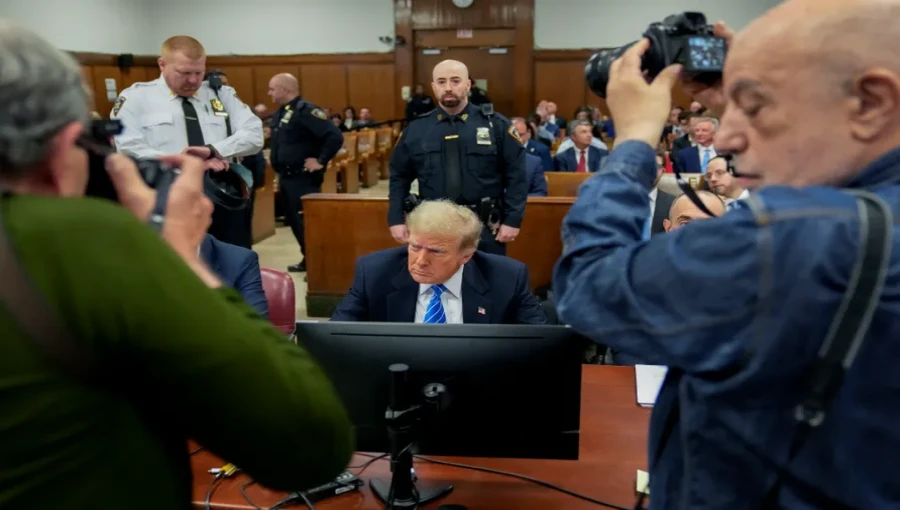
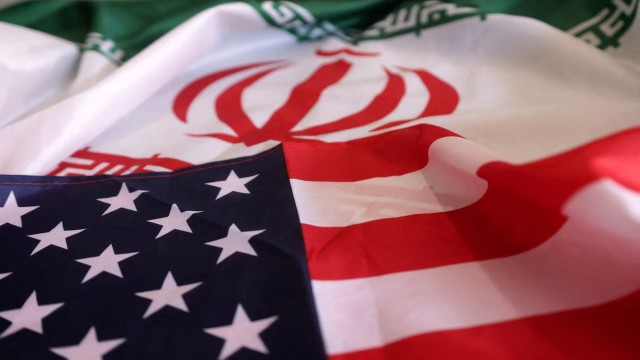
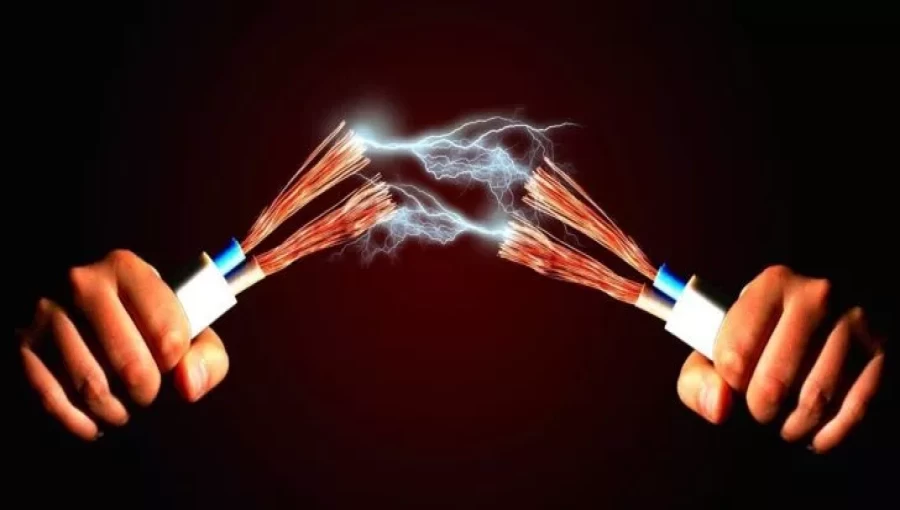
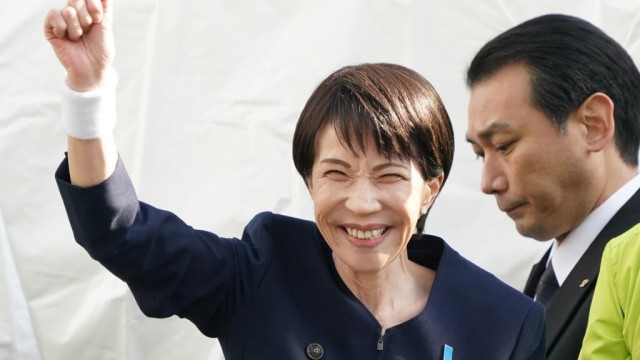



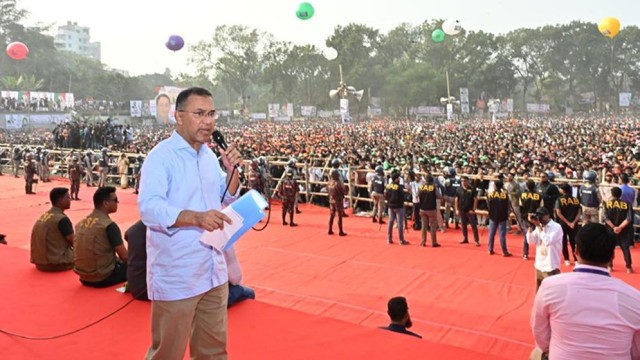
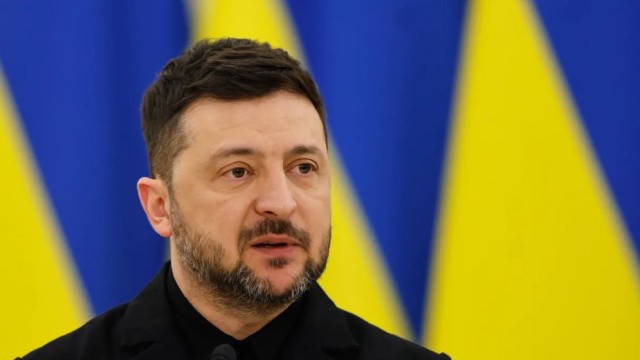



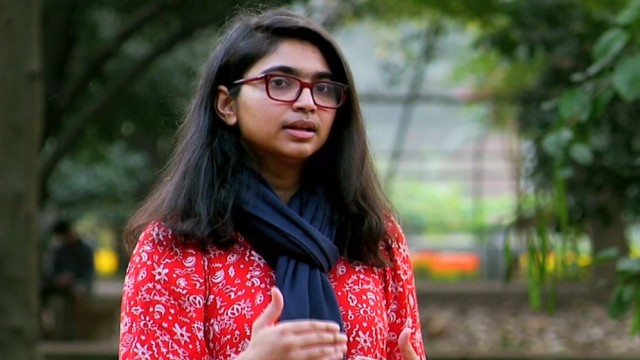
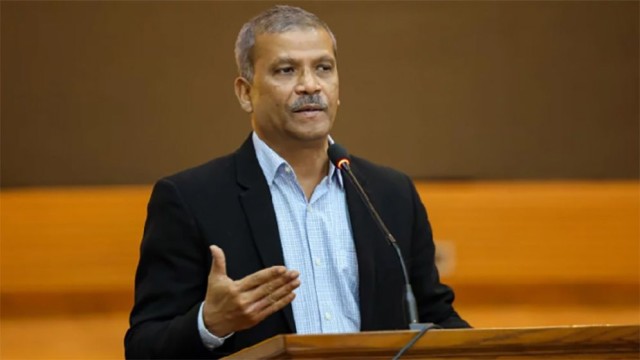
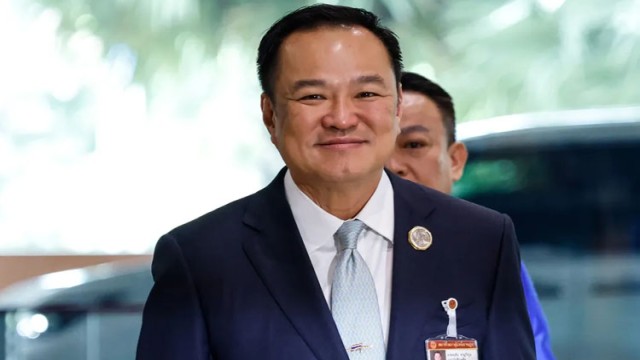











Comment: